Peter Dutton slams the Albanese government’s Covid-19 inquiry
The Opposition Leader has angrily rejected Prime Minister Anthony Albanese’s inquiry into Covid-19.
Peter Dutton has slammed Anthony Albanese’s probe into Covid-19, declaring the year-long investigation into Australia’s response to the pandemic as a “desperate” attempt to distract voters.
The Opposition Leader spoke out after the government said it would not look at “actions taken unilaterally by state governments” during the global emergency.
“It seems to me the government is lurching from one disaster to the next,” Mr Dutton told a press conference on Thursday.
“I think Australians are smart enough to smell a rat here, and the Prime Minister has made a decision which is not in our national interest and it goes against what he promised to the Australian public.
“It’s political at every turn – it’s a witch hunt with the Prime Minister’s predecessor with whom he’s obsessed.”
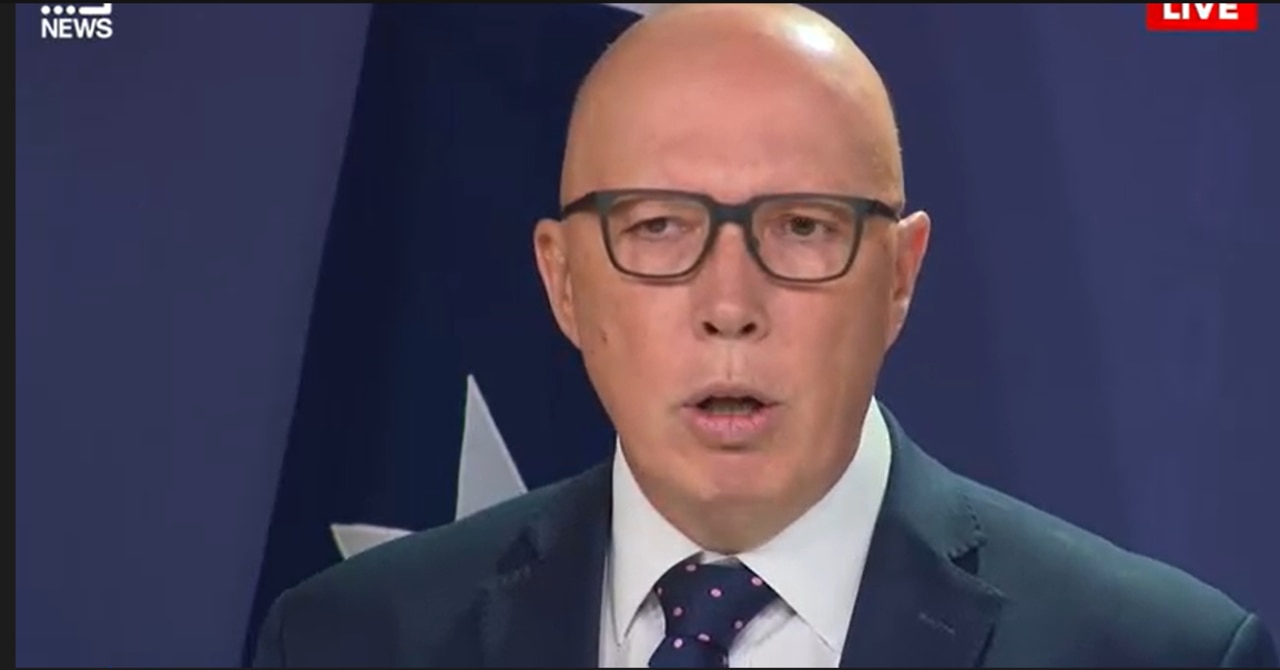
Mr Dutton took time to prase former Liberal leader Scott Morrison and said he made “excellent decisions” as prime minister in response to the virus.
This came after the government denied running a “protection racket” for states and mounting a “witch hunt” on the previous government – despite a glaring omission in its freshly launched inquiry into the Covid-19 pandemic.
Bucking recommendations of a royal commission, Mr Albanese and Health Minister Mark Butler said the inquiry would help Australia learn the lessons of the pandemic, and prepare for the next one.
But the terms of reference make it clear the inquiry won’t examine “actions taken unilaterally by state governments”, which the Coalition had earlier said would be crucial to any probe into the country’s response to the pandemic.
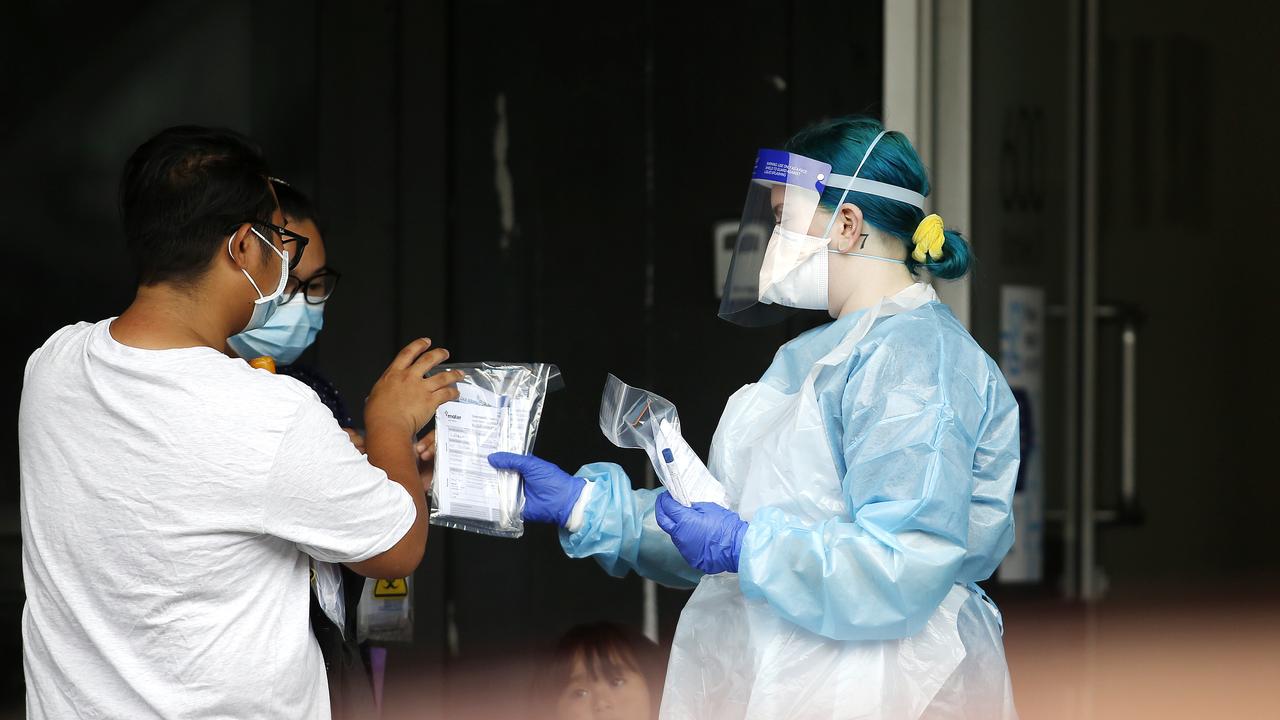
As opposition leader, Mr Albanese frequently chastised the Morrison government for its response to the pandemic and promised voters that, if elected, his government would launch a “a royal commission or some form of inquiry”.
A senate select committee chaired by Labor – established in the absence of a royal commission in April 2020 months after the Covid-19 pandemic struck – recommended “a royal commission be established to examine Australia’s response to the Covid-19 pandemic to inform preparedness for future Covid-19 waves and future pandemics.”
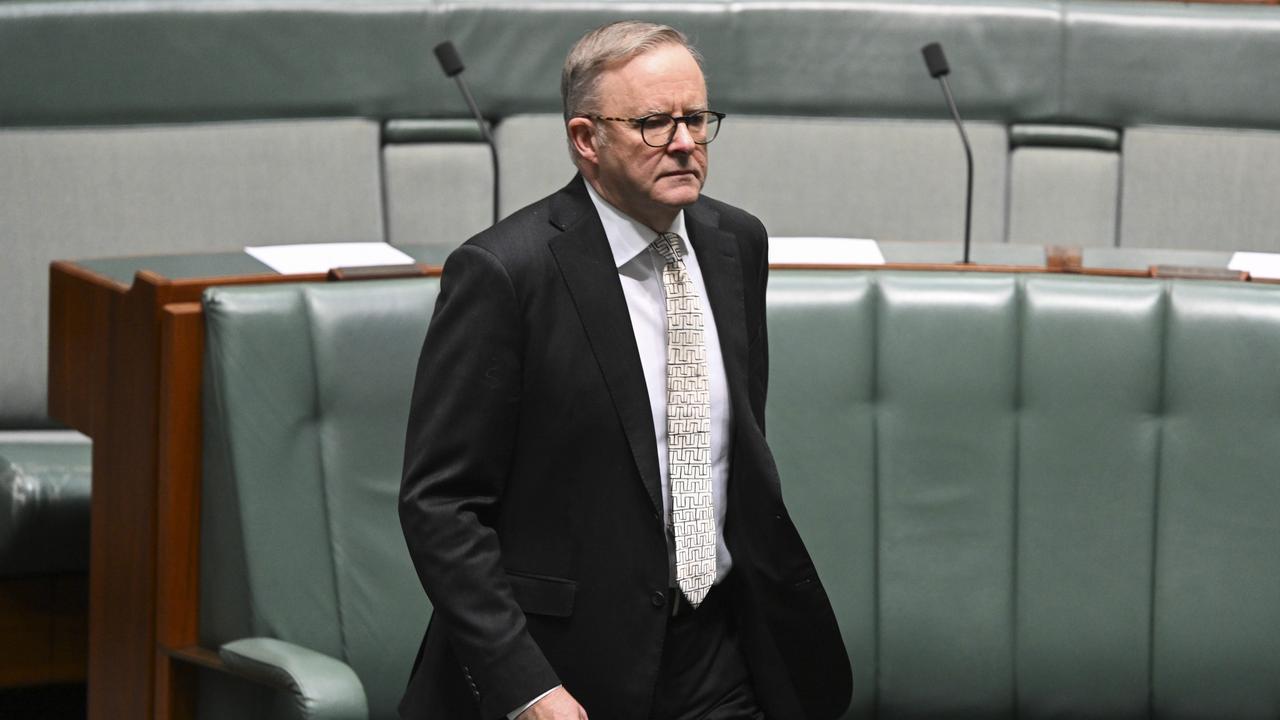
The Coalition said only a royal commission could “compel” states to make submissions and accused the government of seeking to protect premiers like Daniel Andrews and Annastacia Palaszczuk, who have been in power since before the pandemic.
Mr Albanese defended holding an inquiry, rather than a royal commission, on Thursday morning, saying the Coalition’s argument was “pretty absurd”.
“What do you think a royal commission could do that this couldn’t do? Nothing,” he said.
“This will be an inquiry that will hear from stakeholders, that will get input, that will report within a year because a lot of the work has already been done – there have been 20 different inquiries.”
He said royal commissions could “roll on and on and on, for year after year after year”.
“What we want to do is get the information consolidated and get those recommendations about how we better prepare in the future,” he said.
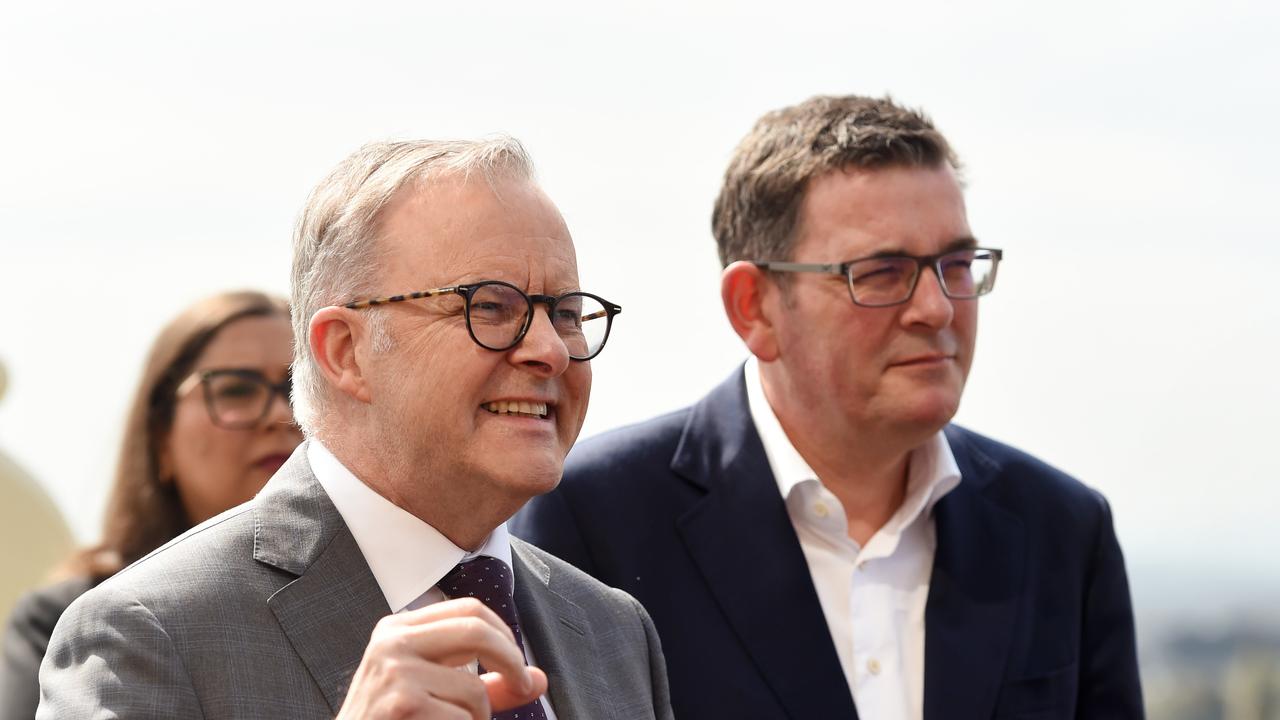
Mr Albanese confirmed that Robyn Kruk – an “outstanding public health servant” – epidemiologist Catherine Bennett and economics expert Angela Jackson had been appointed to oversee the inquiry.
The terms of reference for he inquiry include key health measures like Covid-19 vaccines and treatments, medical supplies like PPE and public health messaging, and broader health supports for those impacted by the pandemic and its lockdowns, including mental health and suicide prevention supports, financial support for individuals and businesses and assistance for Australians abroad.
The panel will consult widely and will invite submissions from members of the public over 12 months.
Mr Albanese said Mr Morrison made some good decisions early on in the pandemic, but the inquiry would consider “what can be done better in the future”.
“This is important that it takes place. Given the enormous dislocation, the stress, the loss of life, the economic impact of the pandemic, it is appropriate that when we reached a certain period that we would have an inquiry,” Mr Albanese said.
“It was a very disruptive period in our lives, but we got through it – and we got through it in a way that was positive. We need to examine what could be done better with a focus on the future because the health experts and the science tells us that this pandemic is not likely to be the last one that occurs.
“That’s why better preparedness is very important.”

Ahead of the announcement, the Coalition’s health spokeswoman Anne Ruston said any inquiry needed to focus on the whole approach to Covid-19, not just the Morrison government’s response.
“It’s a protection racket for the states and territories and potentially a witch hunt on the previous Coalition government,” she told ABC News
“Because so many of the decisions that impacted Australians during the pandemic were the decisions of the states and territories.
“We are going to be very, very critical if this does not have the power to compel states and territories to participate in this inquiry in a really significant way.”
Senator Ruston said with “the value of hindsight”, there were many things that an inquiry would uncover that would help Australia learn “what we could have done better”.
“We’re more than happy to have some light shone on those because we do need to make sure that Australia is as prepared as it can be should there be a future pandemic,” she said.
“But we also need to make sure that all aspects of the pandemic are covered … And the Albanese government’s ongoing response to the pandemic also needs to be investigated.
“If you want to be genuine about this, make sure that the powers and the scope of the terms of reference are sufficient.”
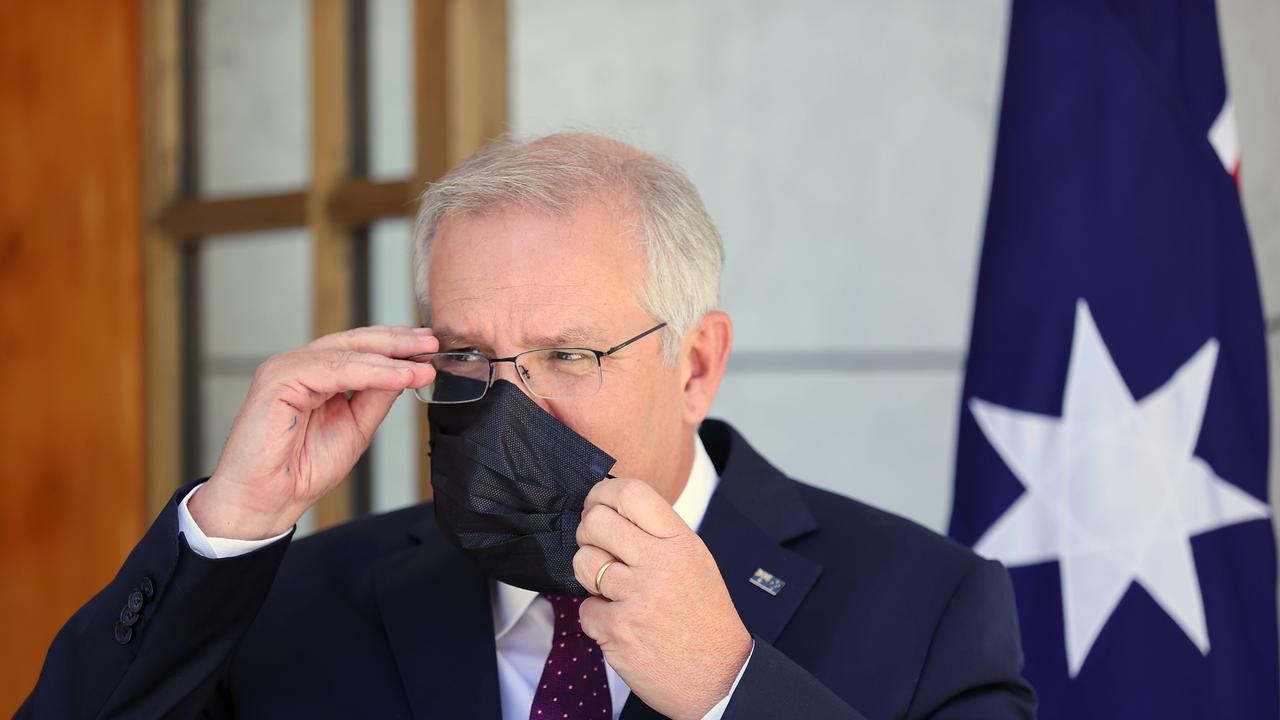
The inquiry’s announcement came as Foreign Affairs Minister Penny Wong overnight committed $100m to the World Health Organisation to support global efforts to “prevent, prepare for and respond to pandemics”.
The government will provide $75m in voluntary core funding over five years to the WHO and a further $25m for the WHO’s health emergencies program.
Speaking at a press conference in New York, where she’s attending high level United Nations talks, Ms Wong said the Covid-19 pandemic had taught the world some “pretty awful lessons about humanity” – including how existing inequalities had been exacerbated”.
“So how do we learn from that, and how do we reform the multilateral health architecture,” she said.
“This is about making sure we work together to improve all of the international architecture, should we have another pandemic. We know that is a risk.
“We want to work with others to make sure that we do better for Australia and for the world in the face of another pandemic.”



